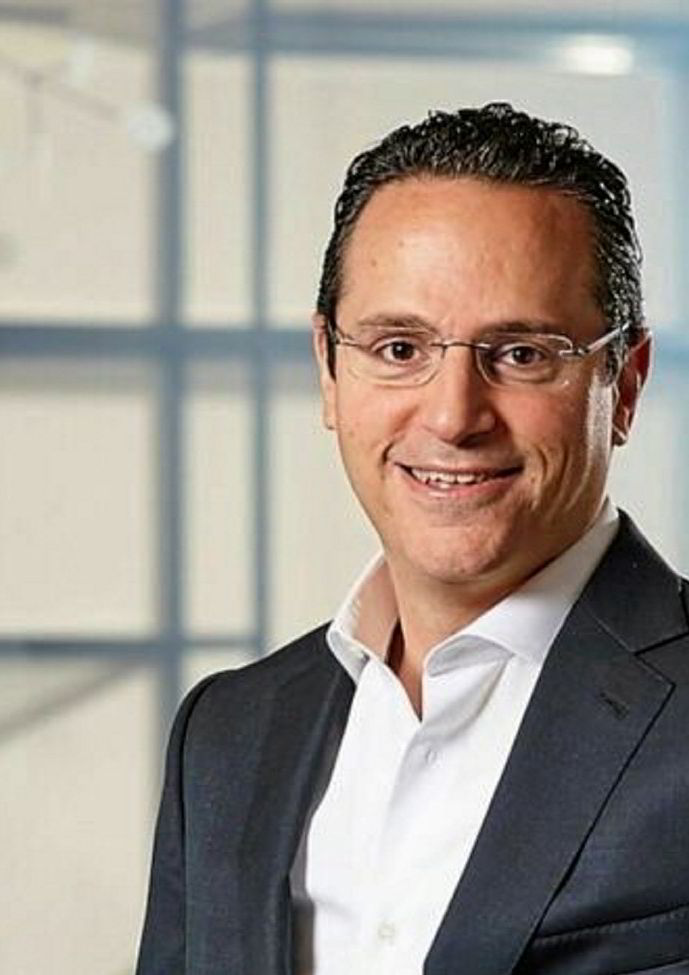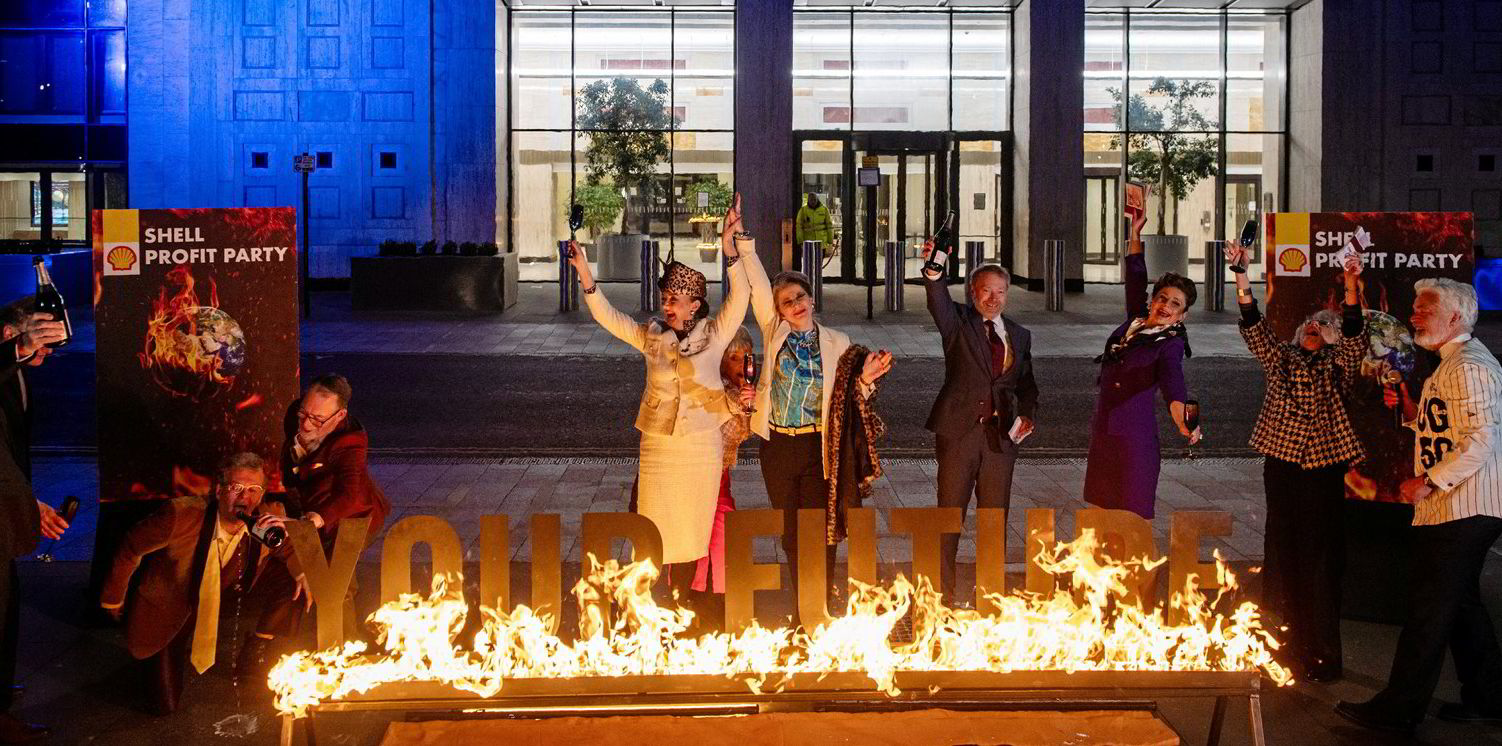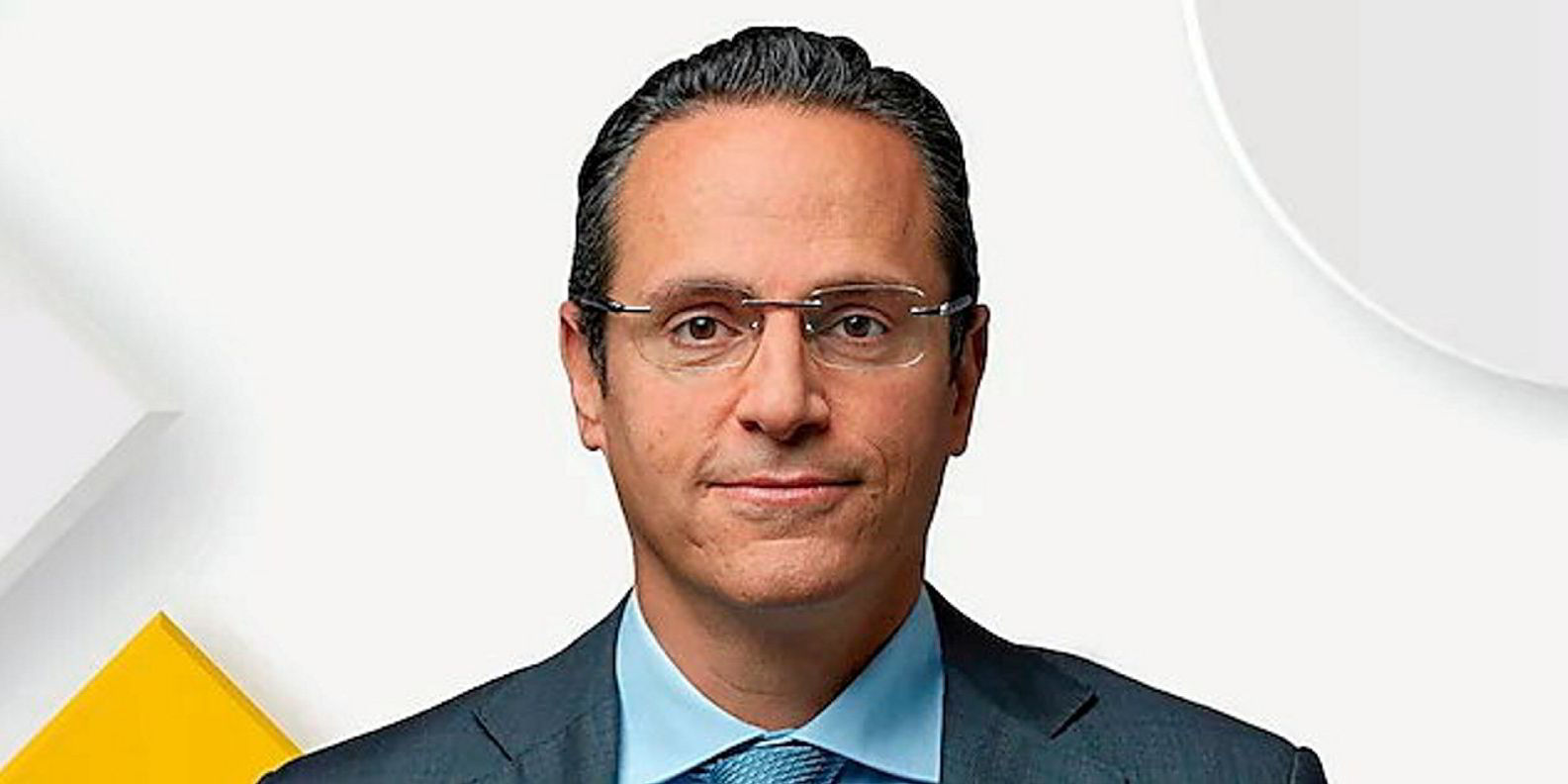Shell has reported a bumper annual profit of more than $28bn for 2023 — a year in which $23bn was distributed to shareholders — as Europe's biggest oil company faced more protests from climate campaigners over claimed back-tracking on renewables pledges.
Shell's adjusted earnings hit $7.3bn in the final quarter of 2023, bolstered by revenues from its liquefied natural gas business. Its full-year profit was the second highest since 2011, although a third lower than the record earnings posted in 2022.
“Shell delivered another quarter of strong performance,” said CEO Wael Sawan, as the company responded by raising its dividend again and announcing more share buybacks.
Sawan said the company was making good progress toward targets outlined at its last Capital Markets Day, held in June 2023.
Since taking the helm one year ago, the CEO has refocused Shell’s approach to the energy transition in improve rates of return and strengthen share value.
The strategy he has led has meant increasing the focus on core oil and gas investments and retrenching the low-carbon portfolio away from stand-alone renewables and toward low carbon business perceived to be more profitable.
Shell’s streamlining process includes a pledge to cut annual capital expenditure to $22bn-$25bn a year, down from $23bn-$27bn up to 2023, as well as delivering structural operating cost reductions of $2-3bn by the end of 2025.
The company states that achieving those reductions "will require portfolio high grading, new efficiencies and a leaner overall organisation”.
Observers say Shell’s low carbon businesses have absorbed a higher proportion of senior management cuts than other sectors, although Shell does not confirm this.
Shell spent $5.6bn on low-carbon energy projects in 2023, representing 23% of total capital expenditure. This compared to $4.3bn earmarked for low carbon in 2022, which was 17% of capex.

In an online presentation of the results, Sawan highlighted Shell’s $2bn purchase of Danish biogas producer Nature Energy. He also mentioned the Crosswind joint venture whose Hollandse Kust North wind farm has started providing renewable power for the 200MW Holland Hydrogen 1, described as Europe’s largest electrolyser.
But climate campaign groups accused Europe’s biggest oil company of back-pedalling on earlier commitments to lead the energy transition by shifting investments much more decisively toward clean energy, and phasing out fossil fuels.
As Shell was publishing its results today (Thursday), Greenpeace activists dressed as Shell executives stated a mock champagne party outside the company’s London headquarters, accusing the company of spending six times more on shareholder payouts than the amount earmarked for renewables in 2023.
“Shell is posting yet more obscene profits from climate-wrecking fossil fuels. While customers struggle with the cost-of-living crisis, Shell shovels over billions to shareholders and drills for yet more oil and gas, climate disasters are multiplying and hitting hardest those who have done the least to cause the crisis,” stated Maja Darlington, campaigner at Greenpeace UK
Greenpeace accused Sawan of “shredding the company’s green strategy, abandoning planned production cuts and slashing investment and jobs from Shell’s renewables division”, and criticised the company for what it described as “ramping up gas production and exploring for for new oil and gas".
Smokescreen criticism
Shell’s investments in its renewables and energy solutions (RES) division totalled $2.7bn in 2023, or 11% of total investments of $24.4bn.
Follow This a green activist shareholder group pointed out that this was a relative decline from 2022, when spending of $3.5bn represented 14% of that year’s total of $24.8 bn.
“The decreased investments in its clean energy division show that Shell is not serious about the energy transition,” said Follow This founder Mark van Baal. “The figures show another year of missed opportunities to invest windfall profits in the energy supply of the future.”
Shell reported today that many of its RES activities were actually loss-making in the fourth quarter of 2023, while adding this was offset by positive adjusted earnings from trading and optimisation.
In addition to renewable power generation, Shell's restructured RES division includes E-mobility and EV charging services, low-carbon fuels, environmental solutions, green hydrogen and carbon capture and storage.
But Van Baal described Shell's figures – including an overall increase in a low carbon category that includes marketing – as "a smokescreen to obscure the fact that (Shell) barely invests in clean energy in the 6th year after its industry leading announcement in 2017 to embark on the energy transition”.
(Article updates with comments by Follow This, as well as additional capex data).



